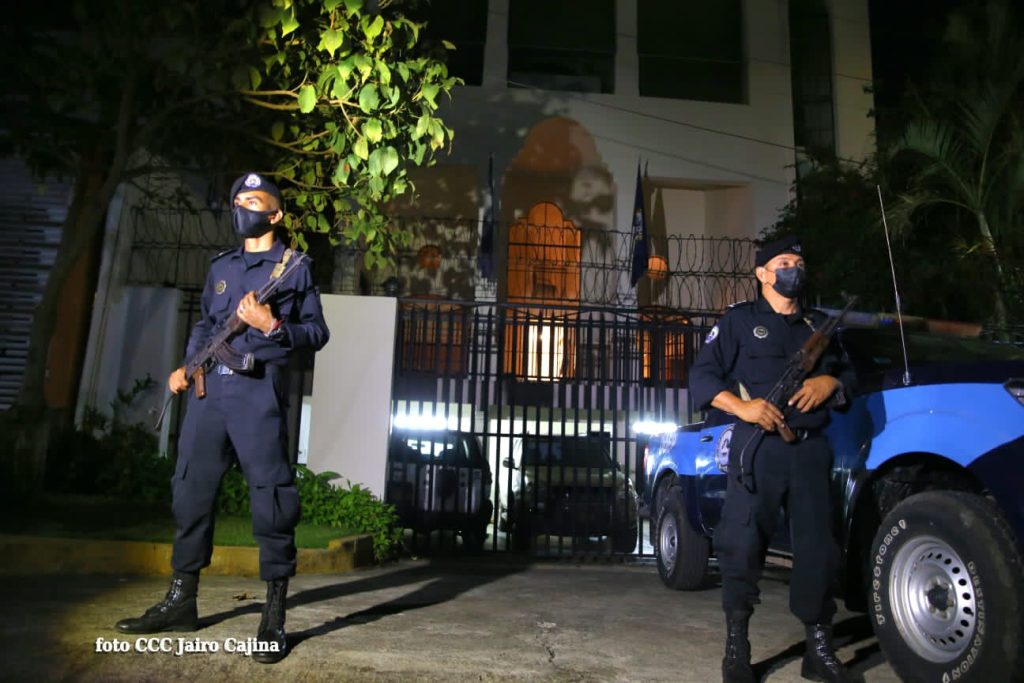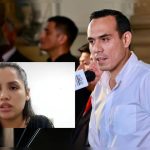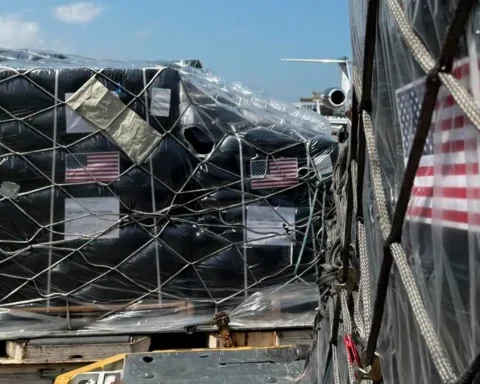The Secretary General of the Organization of American States (OAS), Luis Almagro, declared this Wednesday in Lima that the Government of Nicaragua “has definitely distanced itself” from the regional organization and that the difficulties in dealing with political issues with the “regime” of this country “have been increasing.”
“The (Nicaraguan) regime has definitely distanced itself from the organization in this regard and the difficulties in working on these issues have been ‘in crescendo,'” Almagro said at a press conference prior to the start of the fifty-second session of the Assembly. General of the OAS.
Almagro referred to the decision announced last April by the Government of Nicaragua to withdraw the credentials of its representatives to the OAS and the “seizure of the headquarters” of the organization in Managua as an “act that completely violates the immunities and privileges that had this headquarters in accordance with international and diplomatic law.”
Related news: This is the list of political prisoners whom the Inter-American Court orders Ortega to release
He insisted that, after the “administrative issues” that continued these events, “contacts to address political issues have not been possible.”
The OAS Secretary General asserted, however, that “obviously the work continues, both in the United Nations and within the OAS.”
“Many of these works are being focused on the release of political prisoners and humanitarian and human rights issues in Nicaragua,” he added.
He added that “the dynamics of pressure on the regime have been maintained” and that the international community has continued “reinforcing the denunciations and condemnation” of the government.
In a public statement read in April by Foreign Minister Denis Moncada, Nicaragua announced the closure of the OAS offices in Managua and ratified its “invariable decision to leave” the organization.

The Government had already announced its decision to withdraw the country from the OAS in November 2021, after the organization rejected the legitimacy of the elections held that month, in which President Daniel Ortega obtained a new re-election, with his wife, Rosario Murillo, as vice president, and with seven of her opponents in prison and two in exile.
The permanence of Nicaragua in the OAS was in doubt since the organization approved the application process of the Inter-American Democratic Charter due to the accusations against Ortega about human rights violations in 2018, in the framework of the anti-government demonstrations that, according to the Commission Inter-American Human Rights (IACHR), left 355 dead.
Nicaragua, which has been experiencing a sociopolitical crisis since 2018, but accentuated since the last elections, will be able to officially withdraw from the OAS in November 2023, two years after the announcement of its decision.

















